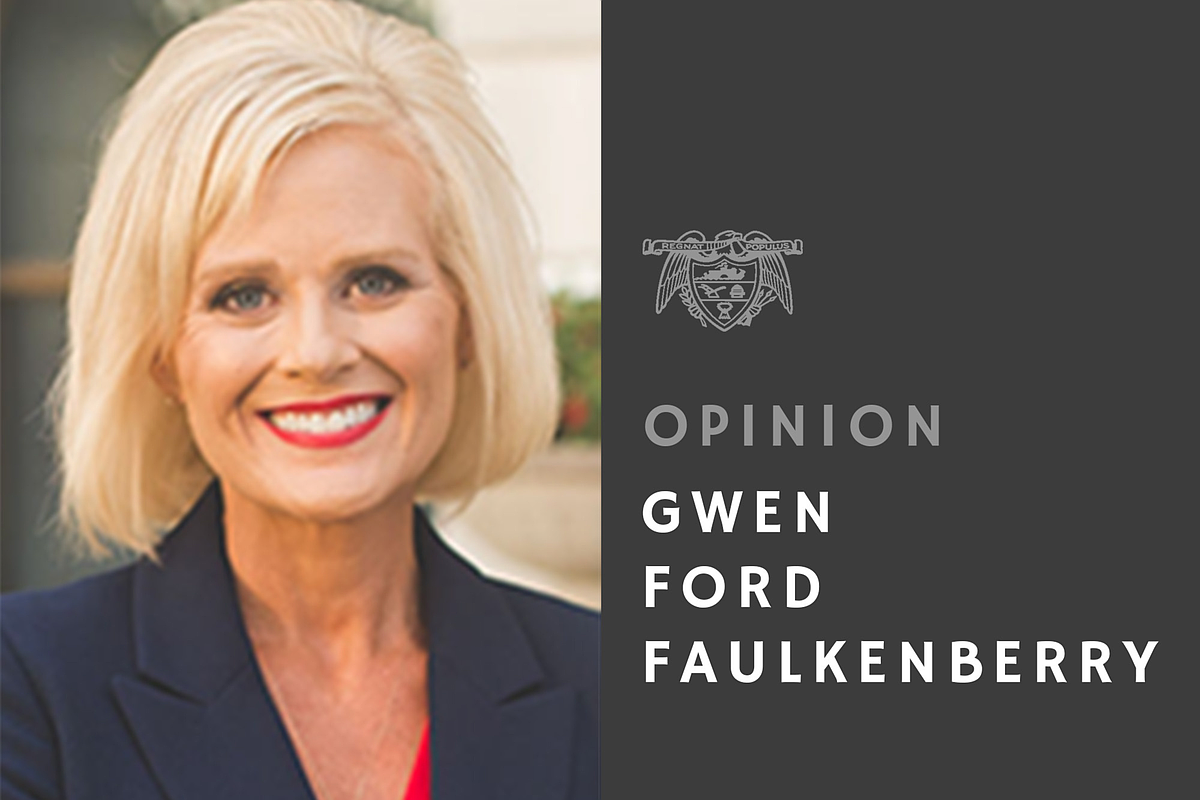I am going to miss the Pope. That may sound strange coming from a non-Catholic. I never related to a Pope before. But ever since Pope Francis came on the scene, I have loved him and felt like he belonged to me, to all of us–not just Catholics.
Southern Baptists, at least the brand I grew up with, have a weird relationship with Catholicism. We agree with Catholics about abortion, that it is murder, and stand strong together under the banner of “pro-life.” However, we cannot abide the drinking and partying that goes on in Catholic life.
I am from Ozark, a few miles away from Altus, and never visited a winery or appreciated the interior of St. Mary’s Catholic Church with its exquisite stained-glass windows until I was an adult. What I recognize now as Arkansas treasures, the wineries and the church that are central to a dynamic Catholic community literally within my home community, were not important to me before because they were not important to my family or social circle, which mostly consisted of Southern Baptists.
I had friends who were Catholic, but the church and its culture as a whole, I sensed, were somewhat suspect. Christians, yes. Like us? No. And within a fundamentalist paradigm that means they are at best misguided about some things. Among those things are drinking alcohol, praying to Mary and others, confessing to a priest, saying the rosary, and believing the Pope has some kind of special authority from God, even so far as to count what he says as equal in significance to the Bible. I am not saying all Catholics do these things. I am saying this was my perception growing up. They were good people but held at arm’s length. I remember an evangelical leader one time telling me he believed Catholics could be Christians, but if they grew in their relationship with Jesus, God would lead them out of the Catholic church.
It is ironic, then, that the spiritual leader I have most identified with in the past few years has been the Pope. I am still Baptist enough to believe there is no special connection to God that comes from being elected Pope. However, this Pope strikes me as having a real connection, not because he was Pope, but because he imitated Jesus. And Jesus, with his counter-cultural embrace of mercy, rejection of political power, and identification with the least of these rather than amassing wealth, is endlessly fascinating to me. I can doubt God, question everything I have been taught, and even try on the idea of being agnostic. But in the end, I cannot escape Jesus. He draws me again and again.
One of the ways I have been drawn to Jesus is through the miracle that is Pope Francis. I see him as a human who lived the transformation of a life hidden in Christ. And not only in the words he spoke, but infinitely more important, in his actions.
Much has been written about Pope Francis’ legacy. As I processed the news of his death I read and listened to numerous stories that analyzed his speeches, writings, and public interactions with church and political leaders throughout his tenure. The consensus is that he reformed the Catholic church. As one writer, Sylvia Poggioli, put it, he “brought it into the 21st century, making it inclusive and welcoming.”
For me, his legacy is hope, and a powerful example that challenges me to keep on keepin’ on. What I appreciate in Pope Francis most of all is the quality I see in most of my heroes, political and otherwise: he was brave enough to do what he believed was right, regardless of the naysayers–and there were many within the church and without who criticized him. Conservatives felt he went too far as he championed women, the LGBTQ community, Ukraine, Palestinians in Gaza, migrants on our own borders, and eschewed unchecked capitalism in favor of stewarding the Earth. Progressives say he didn’t go far enough. I understand the criticism and even agree with some of it. But what stands out above it for me is a leader of principle–a person I don’t have to agree with about everything in order to trust. A profile in courage.
I want to be that kind of leader in my small sphere of influence, as a mother, teacher, writer, sometimes activist. I want to use my time here on Earth not in service to popularity or party platforms, but to principles that help people. Pope Francis, in his humble way, manifested that as he found his purpose by following Jesus into the priesthood, and eventually the papacy.
I often lament the lack of political and spiritual heroes available at this moment in our history. But I am grateful I got to be alive at the same time as this Pope.
Gwen Ford Faulkenberry is an author, teacher, and award-winning columnist from Ozark. Email her at [email protected].
